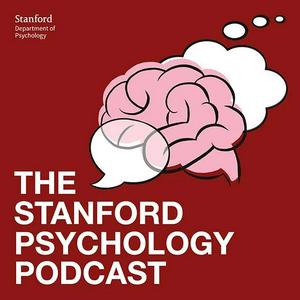In this episode, Su chats with Diyi Yang, an assistant professor in the Computer Science Department at Stanford University, affiliated with the Stanford NLP Group, Stanford Human Computer Interaction Group, Stanford AI Lab, and Stanford Human-Centered Artificial Intelligence. She is also leading the Social and Language Technologies Lab, where they study Socially Aware Natural Language Processing. Her research goal is to better understand human communication in social context and build socially aware language technologies via methods of NLP, deep learning, and machine learning as well as theories in social sciences and linguistics, to support human-human and human-computer interaction.In today's episode, we discuss her interdisciplinary approach to research, along with her recent paper "Social Skill Training with Large Language Models," which introduces a new framework that supports making social skill training more available, accessible, and inviting.Diyi’s paper: https://arxiv.org/abs/2404.04204Diyi’s lab website: https://cs.stanford.edu/~diyiy/group.html Diyi’s personal website: https://cs.stanford.edu/~diyiy/index.html Su’s Twitter: @sudkrcPodcast Twitter: @StanfordPsyPodPodcast Bluesky: @stanfordpsypod.bsky.socialPodcast Substack: https://stanfordpsypod.substack.com/Let us know what you thought of this episode, or of the podcast! :)
[email protected] episode was recorded on February 5, 2025.


